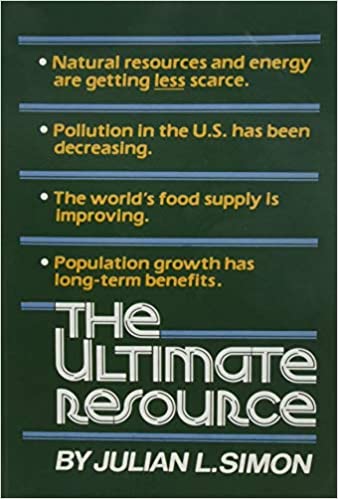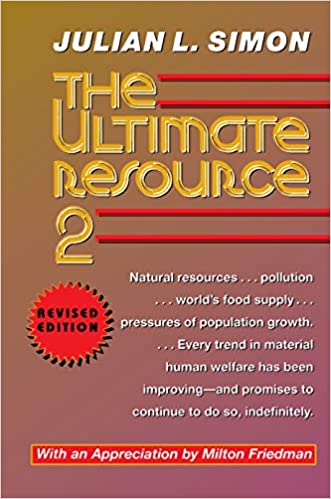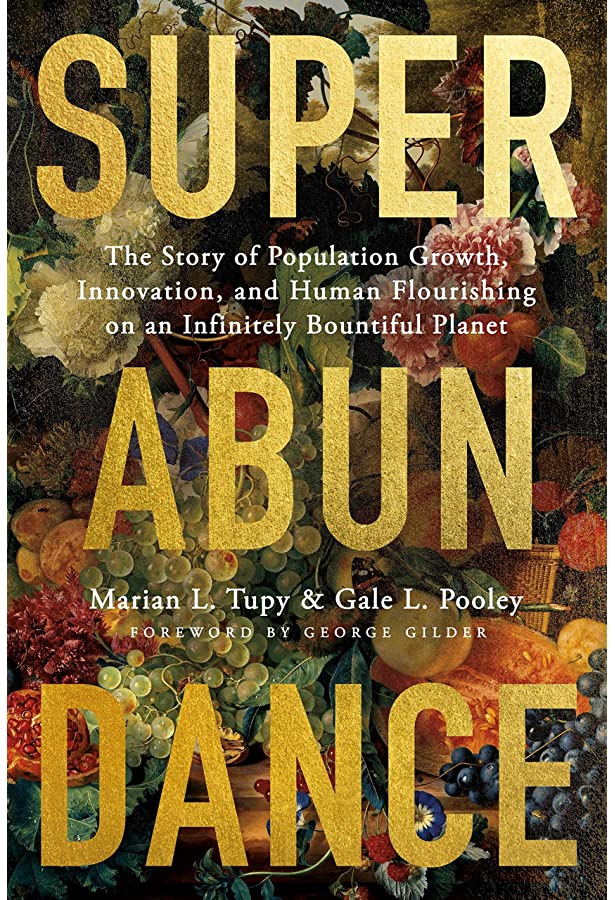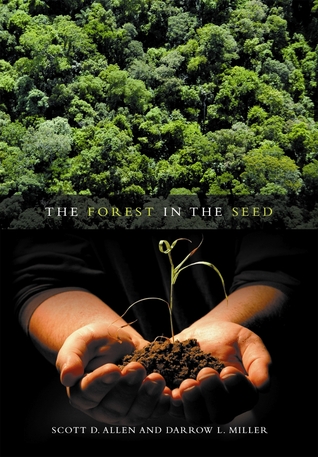At a Glance
Welcome to part 2 of this 2-part series exploring what it means to be human in light of God’s design for us. If you have not listened to part one, we would encourage you to start there.
This week, we explore the two most prominent worldviews in the West that are vying for the redefinition of what it means to be human as featured in The Atlantic’s article “The People Cheering for Humanity’s End” by Adam Kirsch. Anthropocene Anti-Humanism, commonly known as extreme environmentalism, and Transhumanism, dangerously distort and diminish the true value of human life. Humans are not a blight on this planet or a biological machine that needs to be mechanically improved; instead, we are made in the image of God with souls and intrinsic value.
What You'll Hear
Chapter 1: Anthropocene Anti-Humanism (3:17)
- The first of the two false worldviews we will discuss is Anthropocene Anti-Humanism, which can be described as a revulsion for humanity due to the impact it has on the environment. This view believes the Earth would be better off with no people on it.
- Under the Anthropracene Anti-Humanist worldview, humans are a blight on the planet, and that all humans should cease to exist in order to stop any further environmental destruction.
- This is a widespread view, but particularly embraced by the Western elite today that think we need to downsize our population from 8 billion people to around 1 billion people.
Chapter 2: Responsible Stewardship (26:49)
- In contrast, the Bible teaches us that humans are not a blight on the world, but were actually created to be a blessing to the world.
- God calls humanity to responsible stewardship over the Earth.
- Particularly in recent decades, we have made great strides towards protecting the planet and making it better.
- While humans have caused some damage to the planet, we have a God-given responsibility and ability to make the world better.
Chapter 3: Transhumanism (33:21)
- Transhumanism, like Anti-Humanism, believes that humanity should no longer exist.
- However, unlike Anti-Humanism, Transhumanism argues that humanity has to evolve to the next stage of its evolution, either by creating its own successors or more commonly by using technology to become a new, better species.
- Transhumanism thinks that us having bodies is a problem, and that the solution to our troubles is to upload our minds into computers.
- Transhumanists don’t believe that we are anything other than biological machines created by evolution, so it’s okay to tinker and change humanity as part of that process.
- Transhumanists erase what makes humanity special and debases humanity to being less than machines.
Using the link above, you can read the transcript, listen along, and adjust the speed of the podcast while you listen.
Before you confront a counterfeit, you need to know the original.
-Luke Allen (00:46)
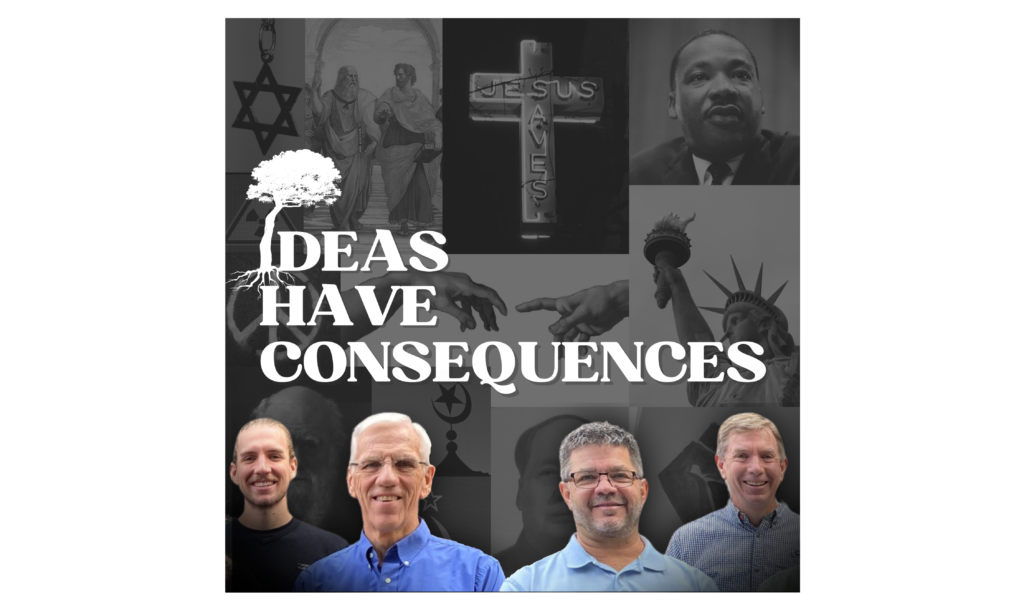
Go Deeper
The Ultimate Resource 1
In The Ultimate Resource, Julian Lincoln Simon confronts the idea that humanity is part of a downward trend, by showing that in many different metrics, humanity has made enormous strides in health, living standards, equality, opportunities, human rights, economics and poverty, and even in the area of environment and pollution.
While it may seem like things are getting worse, The Ultimate Resource shows that things are actually getting better, and that humanity is actually contributing positively to the world.
The Ultimate Resource 2
Arguing that the ultimate resource is the human imagination coupled to the human spirit, Julian Simon led a vigorous challenge to conventional beliefs about scarcity of energy and natural resources, pollution of the environment, the effects of immigration, and the “perils of overpopulation.” The comprehensive data, careful quantitative research, and economic logic contained in the first edition of The Ultimate Resource questioned widely held professional judgments about the threat of overpopulation, and Simon’s celebrated bet with Paul Ehrlich about resource prices in the 1980s enhanced the public attention–both pro and con–that greeted this controversial book.
Superabundance: Population Growth, Innovation, and Human Flourishing on an Infinitely Bountiful Planet
After analyzing the prices of hundreds of commodities, goods, and services spanning two centuries, Marian Tupy and Gale Pooley found that resources became more abundant as the population grew. That was especially true when they looked at “time prices,” which represent the length of time that people must work to buy something.
Why? More people produce more ideas, which lead to more inventions. People then test those inventions in the marketplace to separate the useful from the useless. At the end of that process of discovery, people are left with innovations that overcome shortages, spur economic growth, and raise standards of living.
The Forest in the Seed: A Biblical Perspective on Resources and Development
The transformation of impoverished communities requires resources, yet our worldview determines our vision for what resources we have and which are most important. The Bible reveals God as the source of all resources. He is “Jehova Jireh,” the God who provides for His creation. But do we have eyes to see this vast array of resources? Do our development activities help others discover their God-given resources or hinder them? The Forest in the Seed is a Biblical exploration of the important topic of resources.
Quotes
Before you confront a counterfeit, you need to know the original. -Luke Allen (00:46)
Anthropocene Anti-Humanism is a view that’s inspired by a revulsion… It welcomes an end to humanity. -Scott Allen (7:44)
But it’s a false religion, because it’s taking the creation and elevating it to a place of being God. -Scott Allen (21:06)
The Bible doesn’t see us as simply consumers of resources. The Bible sees us fundamentally as creators of resources, because we have this God-given ability to create. -Scott Allen (24:00)
They glory in scientific and technological process and the supremacy of reason. -Scott Allen (35:41)
Transhumanists believe that genetic engineering with nanotechnology will allow us to alter our brains and our bodies so profoundly, that we will escape human limitations such as mortality and confinement to the physical body. -Scott Allen (35:56)
Ultimately, the source of all the limitations that transhumanism chafes against is embodiment itself. In other words, it’s a very anti-embodied worldview. -Scott Allen (36:36)
Let’s not forget that there’s victims of these trials and these tests, and as they treat humans like machines, they’re gonna hurt a lot of humans along the way. -Luke Allen (41:55)
You confront those radical lies and crazy ideas by being rooted and grounded in (the Bible), and an understanding of what reality and truth really is. But if you don’t know what truth and reality is, you can become prey to those crazy ideas. -Shawn Carson (48:49)
Additional Resources
The Jordan B. Peterson Podcast
Jordan Peterson, in his podcast, covers many of the ideas we have discussed today. You can check out The Great Climate Con or Superabundance: The Age of Plenty to listen to his thoughts on humanity’s impact on the planet, particularly the discussion about Anthropocene Anti-Humanism.
Joe Allen
Joe Allen is a journalist who writes about the Transhumanist movement and its beliefs. If you want to check out more of his work, you can read his articles in the Federalist or check out his Substack.

